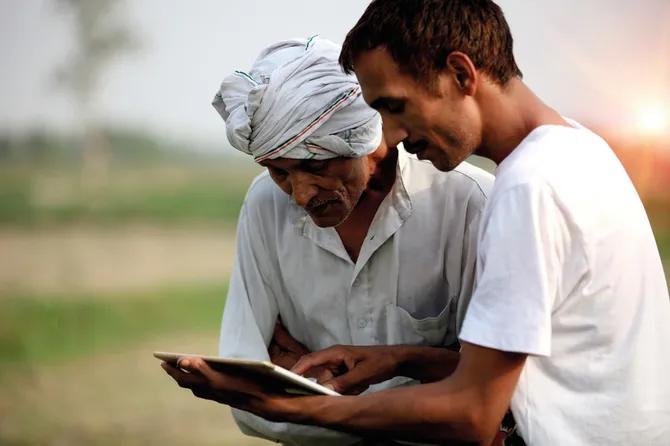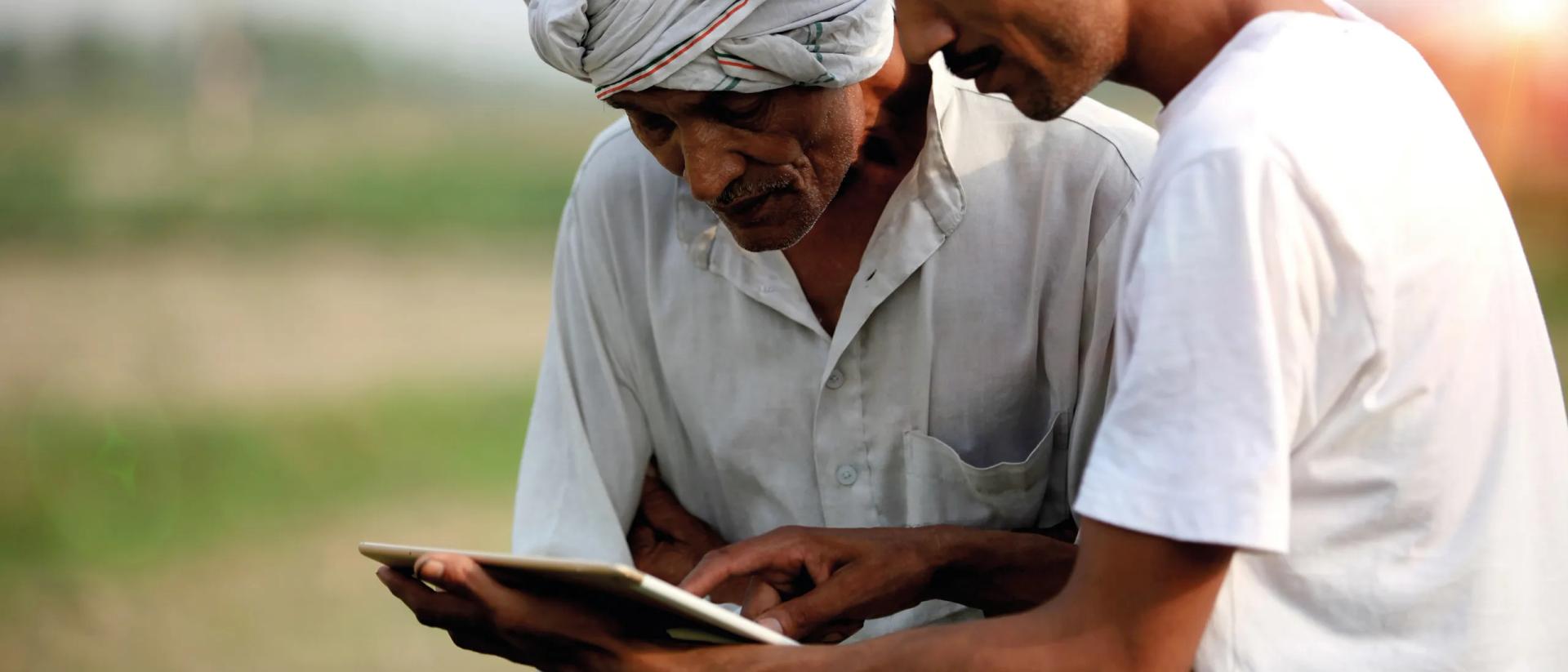
Education
A digital platform to improve high school students’educational decision-making in Dominican Republic
A research team from Tufts University proposes to pilot and evaluate an innovative program that seeks to teach adults who are either illiterate or have very low levels of literacy in Niger how to read and write in their native language through “micro-modules” delivered on a simple mobile phone technology.
Project deployed by:


In Niger, adult literacy rates are estimated at 30% (UNDP, 2012). Illiteracy is particularly striking in rural areas and among women, with only 10% of them having ever attended school in certain rural areas. While research efforts in the field have remained limited, studies have shown that traditional programs are characterized by low attendance, high drop-out, limited skills attainment and rapid skills depreciation. Some preliminary evidence also suggests information technologies offer new opportunities to address some of these constraints.
Cell-Ed is a mobile phone-based adult education program that uses a simple mobile phone without teachers, and was initially developed for Spanish speakers in Los Angeles. Cell-Ed’s key advantage as compared to traditional approaches is time saved (about 50 hours, as compared to 480 in a traditional program), flexibility, as adults can learn when, where and how they want, and self-paced learning.
The project aims to pilot and evaluate the impact of Cell-Ed’s mobile phone-based adult education program including both literacy and numeracy training. Adult education classes are delivered through “micro-modules” to learners, which consist of: short audio lessons on a particular concept, SMS reinforcing the voice lesson and SMS-based interactive “quiz” on the recent lesson. The platform will be built in Hausa, which is the primary indigenous language in Niger and northern Nigeria, and piloted in targeted villages to users with low literacy levels. The complete set of modules, which will take an average of 4 months to complete, will equate to one full adult literacy course offered by the Ministry.
Previous studies on this topic have shown that:
To assess the impact of Cell-Ed in Niger, a research team from Tufts University and Sahel Consulting will lead an evaluation focusing on adult learning (reading in Hausa and numeracy) as the primary outcome.
Projects
Projects funded by FID

Education
A digital platform to improve high school students’educational decision-making in Dominican Republic

Côte d'Ivoire
Health
Using an electric cooking appliance to combat domestic air pollution in Côte d’Ivoire
India
Education
A classroom program in India aimed at improving students’ well-being for better academic outcomes